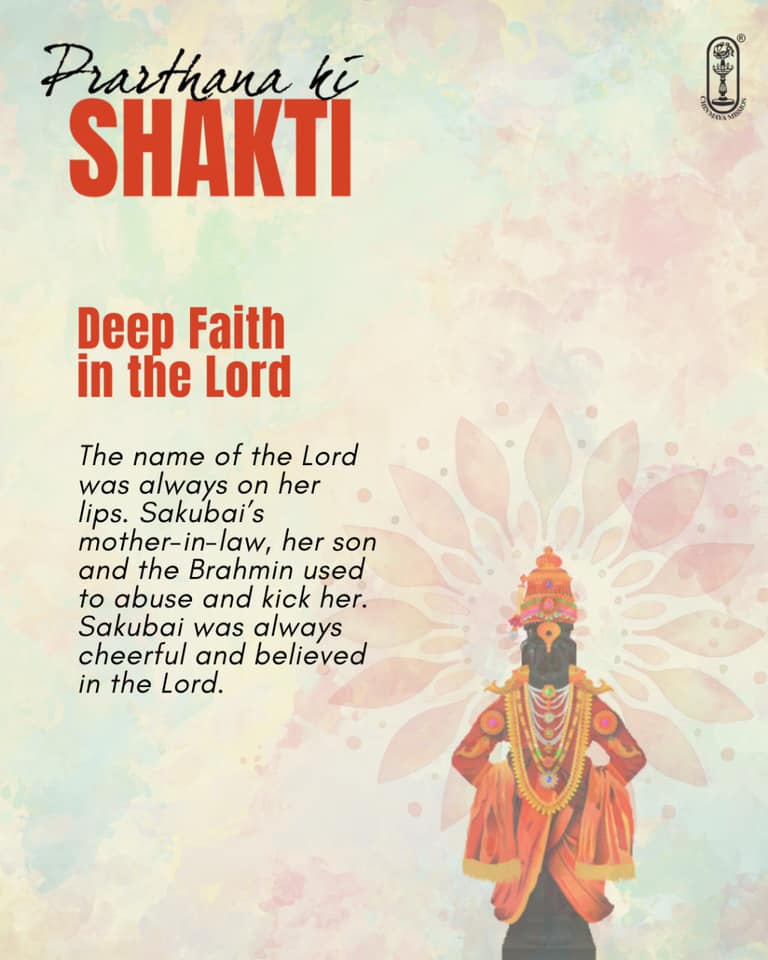Philosophy of the Bhagavadgita : 16.3 - Swami Krishnananda.
===============================================================
===============================================================
Friday, January 28, 2022. 19:30.
Chapter -16. The Supreme Person - 3.
================================================================
To cut at the root of the universe is not an easy task. It requires a great understanding of the structure of the universe. It would mean that to cut at the root of phenomena would be to cut at our own roots, to fell the tree of ego, and nothing can be a harder job than to deal with one's own self. We cannot tackle our own selves because we are not any more an object to ourselves. We are accustomed to deal with things and objects, but we do not regard ourselves as objects or things, and therefore we are incapable of handling or dealing in any way. We remain a hard-boiled indescribable something, and the source of our sorrows are our own selves. Nobody causes grief to us. We tie ourselves up like silkworms in a cocoon by our own desires which wind themselves around the centre, which is the ego. And, unless there is the wisdom of the creative God surging forth in our souls, this detachment is impossible.
-----------------------------------------------------------------------------------------------------------
Viveka, or discrimination, is a precedent requisite for vairagya, or non-attachment. One cannot detach oneself from anything unless there is an understanding of the nature of the relationship of that thing with oneself. Both attachment and detachment are difficult things to understand, because the relationship between the two terms of experience is also difficult to decipher. One clings to an object or is averse towards something on account of a lack of understanding of the mutual relationship between the two. When knowledge dawns, there is a spontaneous dropping out of all relationship. And the highest form of detachment is not a sundering of oneself from anything existent, but the raising of oneself to a consciousness of the pervasive character of the Reality that exists equally in the subject and the object, as well as in between the two.
-----------------------------------------------------------------------------------------------------------
The great non-attachment which the Bhagavadgita speaks of is anasakti—not an ordinary austere attitude of the individual, but a flowering of wisdom in the form of the recognition of the omnipresence of the Supreme Creator, which is at once a deathblow dealt at all desires, whereby further effort in that direction is not called for, even as when we wake up from dream into a consciousness of the world outside us, our so-called anguishes and desires of the dream world vanish of their own accord without any need on our part to exert in the direction of removing them. We have not to struggle to get over the problems of our dream world when we wake up into the reality of this world because we have a higher knowledge when we have woken up from the dream.
The very knowledge itself is the panacea for the evils of dream experience, and there is no need for any extraneous effort on our part to get over the difficulties of the dream world. The desires and aversions of dream melt away in the knowledge of waking, and so do the problems of life melt away in the presence of God; and what detachment can be greater than this experience? Here is an automatic rising of the soul to an awareness where desires have no significance whatsoever. The Bhagavadgita, when it speaks of the need to employ the axe of detachment for felling the tree of bondage, actually refers to the knowledge of God, attaining which, experiencing which, there is no return to mortal existence.
---------------------------------------------------------------------------------------------------------
Supreme is that Abode where the sun shines not, nor the moon, nor the stars, nor anything that we call light here. The supernal divine effulgence overshadows the brightest of lights that we can think of in this world. Reaching it, we do not come back. We shall not have any more rebirth, or transmigratory life. We shall not reap the fruit of sorrow any more; we shall be pervasive realities. We shall be immortalised for ever and ever. We shall not return to this world. Once we have woken up from dream, we have not to return to the dream world for any purpose or engagement, and we do not have a desire to go back to the dream to finish some work or task which had been left unfulfilled there.
All our pleasures, all our engagements, even our debts in the dream world are paid at once merely by the fact of waking, and we have not got to pay our creditor from whom we have borrowed in the dream world. The payment is the knowledge, and knowledge is the payment of all dues. So, too, the question of returning to the world does not arise, once we attain the Absolute. We have not got to come back to this world, even as a waking person has no need to go back to the dream world. Such is the glory and the magnificence and the majesty of the Almighty. This is the implication of the stimulating words that we read at the commencement of the Fifteenth Chapter.
----------------------------------------------------------------------------------------------------------
To be continued.....
===============================================================










Comments
Post a Comment